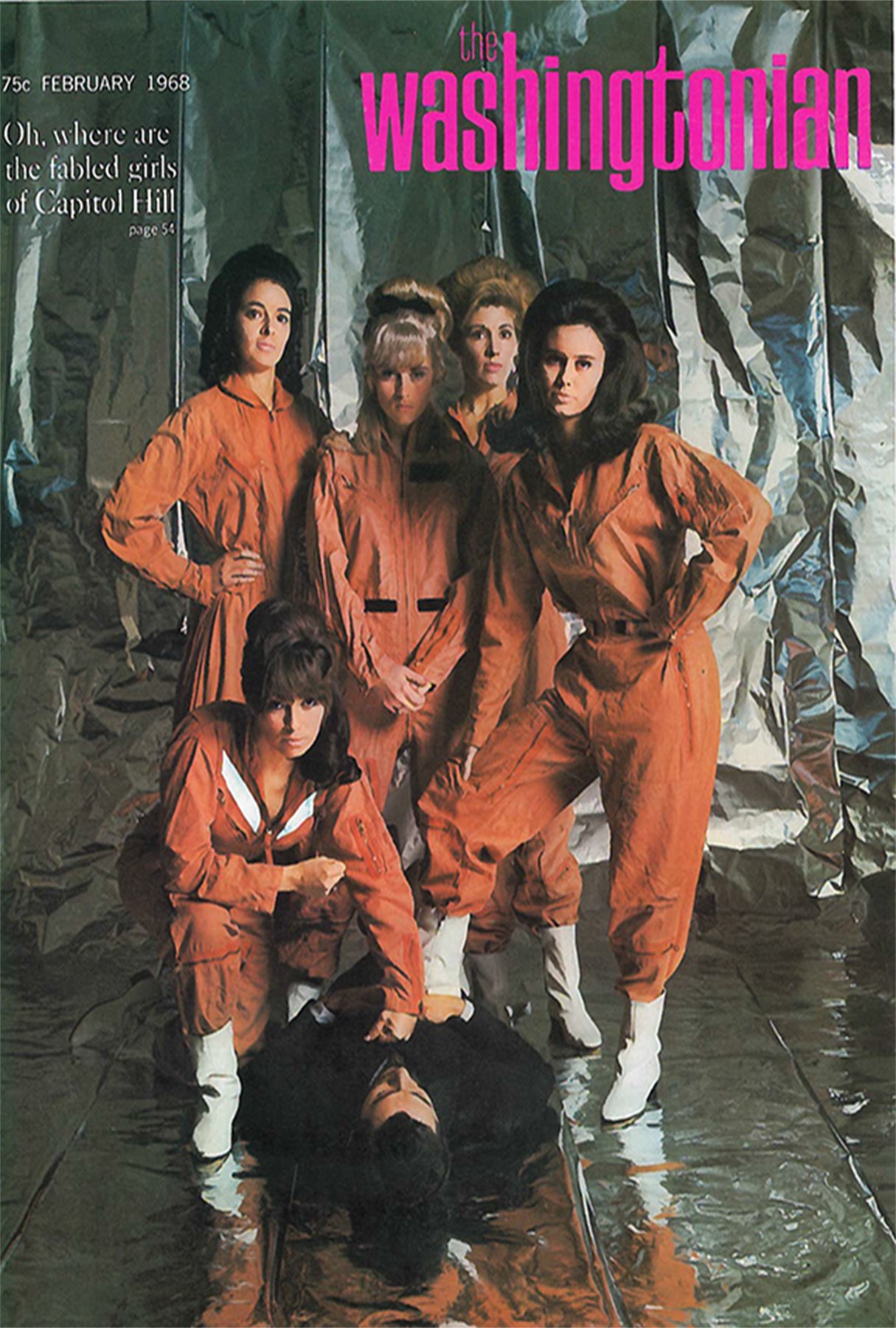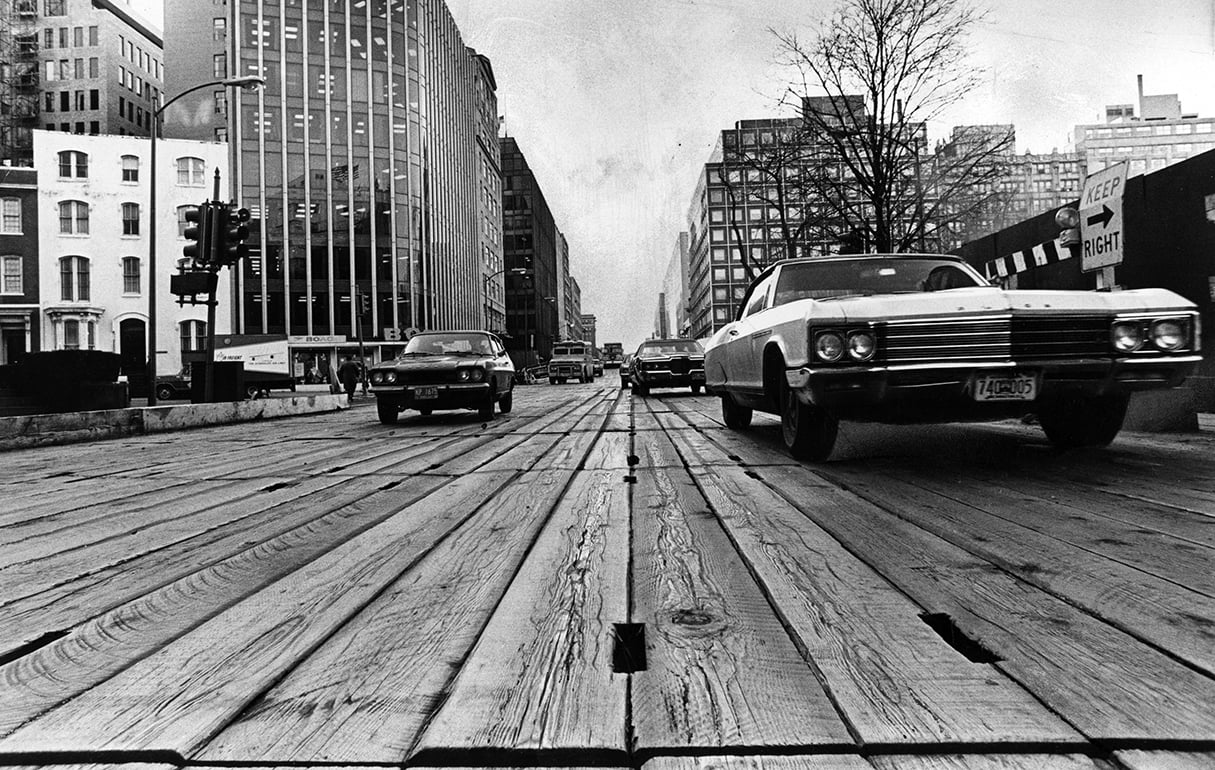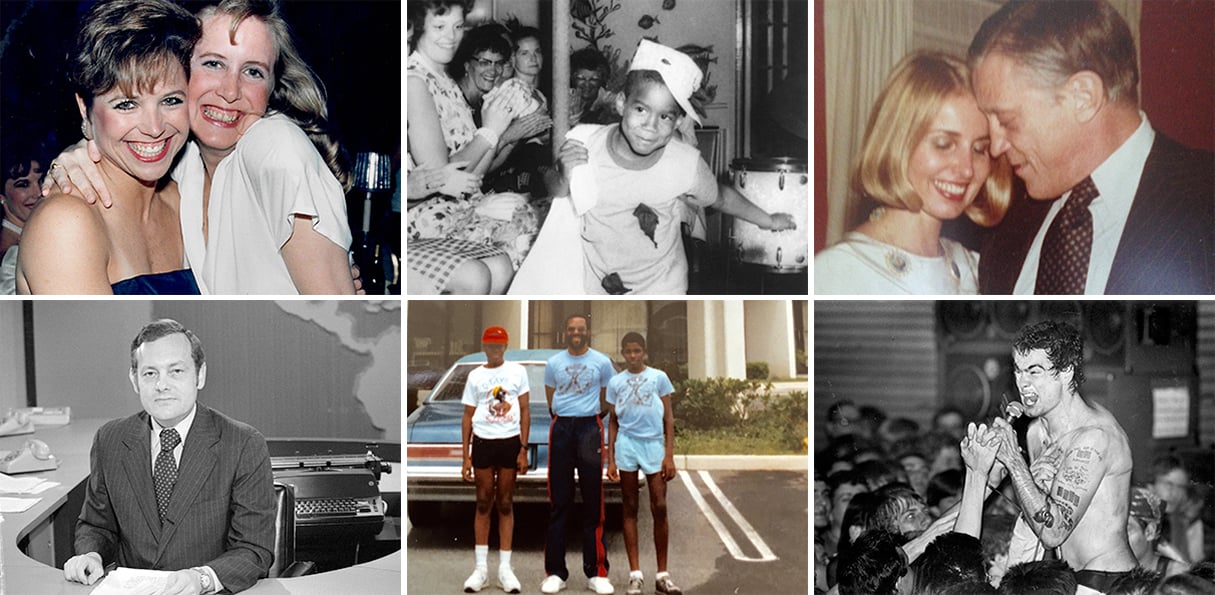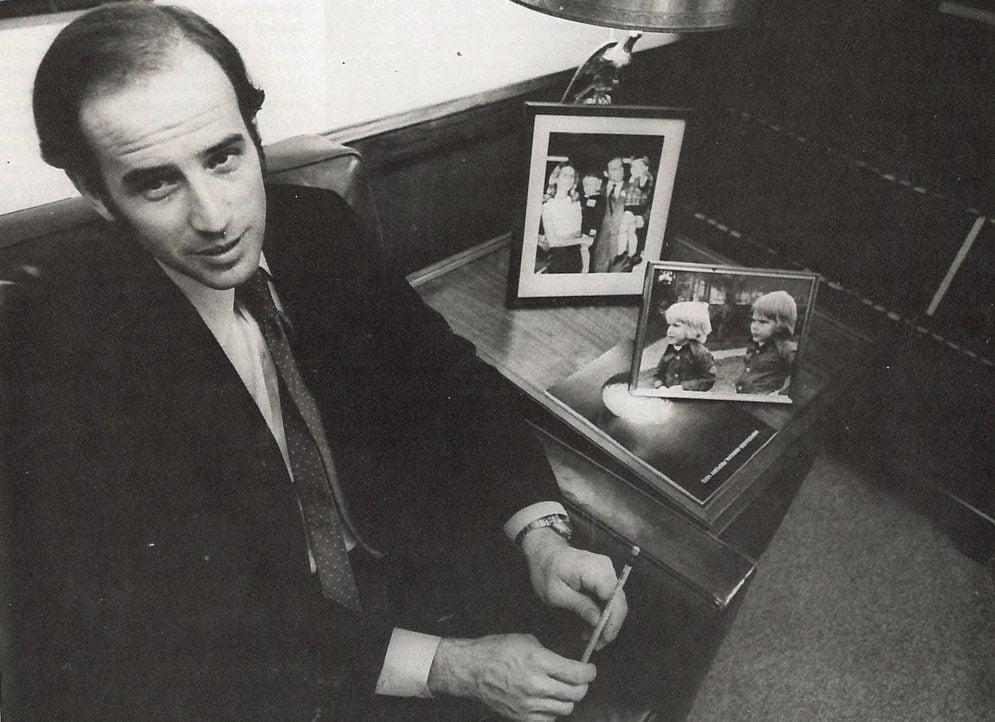For our February 1968 issue, reporter Tom Donnelly was given an assignment: interview “those storied Capitol Hill girls,” women seen as risqué, sexy, and filled with the aura of the sixties.
“I decided to hell with renewing my Playboy subscription,” Donnelly wrote, “and after what seemed like countless hours of suspense, fantasy, and tormented anticipation I found myself alone in a private dining room with these five gorgeous secretaries.”
The piece is accompanied by five full-page photos of the women: Nancy Leonard, secretary for Senator Everett Dirksen; Carol Kronsberg, receptionist for Senator Peter Dominick; Jackie Lane, secretary for Representative Harley Staggers; June Leonard, secretary for Senator Paul Fannin; and Page Crosland, press secretary for Senator Ernest Gruening.
They look beautiful, and are credited as such. In fact, the central theme of the piece discusses how these women, regardless of their job titles or their backgrounds, have one cardinal offering–beauty. Throughout the story, Donnelly is transfixed on getting the answers he came searching for:
“I asked, ‘What about drugs?’ (I was getting really impatient).”
“I asked, ‘So how come you girls are so wholesome and full of ideals…?”
“I broke in, my mood verging on desperation. ‘I’ve read two dozen novels about sex on Capitol Hill. Congressmen chasing girls around their desks and all that. How are the opportunities for romance up there?’ “
Toward the end of the interview, agitated and maybe a little bored, Crosland asked, “Why don’t you meet with us ten years from now and see what’s happened to us?”
A little late of the ten-year request, we followed up on her offer 47 years later. How wrong did we have it in 1968? And did we capture all that these women had to offer–that is, sex, drugs, and romance?

Crosland peers over her glasses, slowly taking in the 1968 cover of Washingtonian. Her 27-year-old image stares back at her, eyes unblinkingly defiant though she is slightly hidden by the other Capitol Hill aides. Crosland’s placement hides her pregnancy, a condition not quite mirroring Donnelly’s expectations.
“They were looking for these wild party girls of Capitol Hill,” Crosland says, “and we weren’t that. I mean, there weren’t any. Two of us didn’t even drink!”
“So much has changed, my god.”
And it has. Crosland, now 75, sits at a country club in Chevy Chase, Maryland. She has a loud, hearty laugh, and though her hair has faded white, her eyes are still alert, gaze intent. She knows a number of the waitstaff by name, and at times she stops them as they trapeze between the dining room tables.
“How are you today?” she asks a waitress, smile wide and voice warm. To be sure everything is okay in the woman’s life, she asks again, hand on the waitress’s arm, “How are you really?”
Since 1968 Crosland has founded her own PR firm. She served as deputy campaign manager to Al Gore and chief of staff to former DC Council member David Catania. And she has been a communications director for seven different companies, including the United States Tennis Association.
Crosland retired in March and lives in Chevy Chase, DC. It was the first time she had stopped working since a short maternity leave in 1971.
When Washingtonian‘s 1968 article printed, America was in the midst of social and political upheaval. Tensions were high between and within generations. The war in Vietnam would rage on for another seven years.
Crosland was used to the turbulence; in fact, she was drawn to it. After graduating from Northwestern University, she began her career as a journalist in Birmingham, Alabama. The day she arrived, four African-American girls lost their lives to a church bombing. And as a reporter for both the Birmingham News and the Alabama Journal, Crosland was flung into the middle of the civil rights movement.
As she reported on the movement, she also became increasingly involved in opposition to the war in Vietnam. She had married a Montgomery native named David, and while he went to law school, Page took on a graduate degree in political science.
“I’ve always been politically active,” Crosland said, “and I’ve always tried to express my opinions.”
She was advocating for freedom in the crossfire, and it was exactly where she wanted to be.
The job mimicked something Crosland would do years later as press secretary to Ernest Gruening, who shared her fierce opposition to the war.
In 1966, David began working as a lawyer for the Justice Department’s civil rights division. The Croslands moved from Alabama to DC, and Page set her eyes on Capitol Hill.
She had met Gruening for the first time in 1964, while covering a Democratic convention in Tuscaloosa; Gruening, she says, was the only politician there who was firmly anti-war.
She was immediately drawn to him. The two conversed, and Gruening sent Crosland her first copy of I.F. Stone’s Weekly–an influential liberal newsletter that criticized the Vietnam War. Once in Washington, she decided to reconnect with the 79-year-old Alaskan Senator.
After being ushered into his office by his secretary, Gruening asked what Crosland had done the past few years.
“I told him what I had done,” Crosland says, “and then, I swear to God, he said, ‘Would you like to be my press secretary?'” Crosland laughs, still in apparent disbelief. “And that was how it started.”
As his press secretary, Crosland would write newsletters and mitigate backlash from both the press and pro-war factions.
“Ernest Gruening simply confirmed and reconfirmed everything I believed in as a young person,” she says.
It was something that struck her the most during Washingtonian‘s 1968 interview–the story assumed detachment where there was none.
“There were so many more interesting things he could have asked us,” Crosland says. “We were all working because we believed in the agenda, in the cause. And we all had such fascinating stories to share.” Serving Gruening for three years, Crosland says she was the only female press secretary in the Senate.
She was on the front line of American politics, pregnant or otherwise.
Since 1968, Crosland has moved on from Capitol Hill, working as communications director for the USTA and WETA, among other organizations. She also hasn’t been entirely out of the limelight since her first Washingtonian interview: A New York Times Style-section reporter shadowed her one night in 1998.
She suffered from breast cancer. She recovered. And she is a mother of two children.
Through it all, she’s maintained her love of politics. Al Gore, Sr. was a senator while Crosland worked on the Hill, and she says she always admired his son–capable, and very smart. Crosland served as deputy campaign manager the younger Gore’s 1988 presidential campaign, and says she always kept track of him in the years that followed, even volunteering for him in 2000.
From 2002-2004, she was Catania’s chief of staff, coordinating community outreach and managing his six-member staff.
Crosland’s retirement marked 47 years since our article; 47 years after our journalist spoke to the fabled girls of Capitol Hill. In 1968, all five women were apprehensive–how on Earth, they asked, did one juggle being a woman and having a career at the same time?
“All in all, I can’t really complain. I ended up getting interesting jobs. In interesting places,” Crosland says. “And my grandchildren are moving right near me now–and I am so excited.”
It seems she kept her balance just fine.










